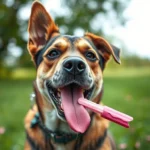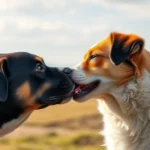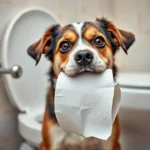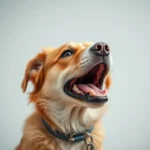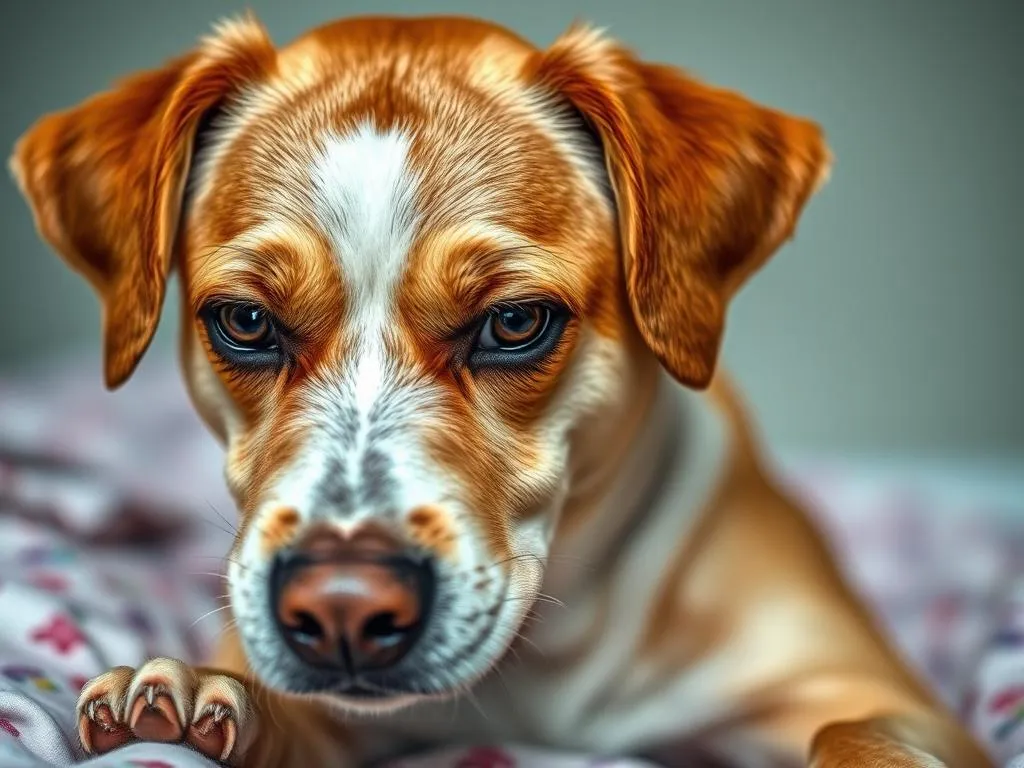
Dogs are fascinating creatures, displaying a myriad of behaviors that can leave their owners both amused and perplexed. One such behavior that often raises eyebrows is when a dog decides to munch on its owner’s underwear. This peculiar habit can be concerning, and it’s essential to delve into the underlying reasons why this happens.
Understanding the motivations behind this behavior can significantly enhance the bond between you and your furry friend, while also ensuring their well-being. In this article, we will explore various aspects of canine behavior, the specific allure of underwear, health considerations, and effective solutions for this common issue.
Understanding Dog Behavior
Basics of Canine Behavior
To grasp why your dog might be engaging in the peculiar habit of eating your underwear, it’s vital to understand basic canine behavior. Dogs are instinctual animals, driven by instincts that have been honed over thousands of years. They communicate through their actions, and every behavior has a purpose. From barking to digging, each action provides insight into their thoughts and feelings.
Factors Influencing Dog Behavior
Several factors can influence your dog’s behavior:
-
Genetics and Breed Tendencies: Certain breeds may have innate tendencies that can lead to unusual behavior. For instance, terriers are known for their chewing habits due to their hunting background.
-
Environment and Upbringing: A dog’s environment plays a crucial role. Dogs raised in an enriching environment with plenty of positive interactions are less likely to develop problematic behaviors compared to those in stressful or neglectful situations.
-
Socialization and Training: Proper socialization and training can mitigate many behavioral issues. Dogs that are well-socialized and trained are generally more balanced and less prone to engaging in disruptive activities.
The Mystery of Underwear Eating
Common Reasons Dogs Eat Non-Food Items
When dogs begin to eat non-food items, it can often be attributed to a condition known as pica. Pica is the persistent eating of items that are not typically considered food. This behavior can stem from various causes:
-
Boredom and Lack of Stimulation: Dogs that are bored may seek out alternative activities, and chewing on your underwear can become a fun distraction.
-
Attention-Seeking Behavior: Dogs are social animals that crave interaction. If they notice that eating your underwear gets a reaction, whether positive or negative, they may repeat the behavior to gain your attention.
Specific Appeal of Underwear
So, what is it about underwear that makes it particularly appealing to dogs?
-
Scent Attraction: Dogs have an incredible sense of smell. Your underwear carries your scent, making it comforting and familiar to them. This connection can lead them to chew or eat the fabric.
-
Texture and Chewability of Fabric: The texture of underwear can be enticing for dogs to chew on. Softer materials may satisfy their urge to gnaw, providing a sensory experience that is gratifying.
-
Association with Human Closeness and Comfort: Dogs often seek comfort in items that belong to their owners. Your underwear may symbolize your presence, providing emotional solace to your dog.
Health Considerations
Risks of Eating Underwear
While this behavior may seem harmless or amusing, there are significant health risks associated with a dog consuming underwear:
-
Potential for Gastrointestinal Blockage: Undergarments can lead to serious health issues, including blockages in the intestines. This can result in severe discomfort and may require surgical intervention.
-
Toxic Materials or Chemicals in Fabric: Some underwear may contain dyes or chemicals that could be harmful if ingested. It’s important to be aware of what your dog is consuming.
Signs Your Dog May Be in Distress
If your dog has eaten your underwear, keep an eye out for these signs of distress:
- Vomiting
- Diarrhea
- Abdominal pain or bloating
- Lethargy
- Loss of appetite
If you notice any of these symptoms, it’s crucial to consult a veterinarian immediately.
Behavioral Solutions
Preventive Measures
To prevent your dog from indulging in this behavior, consider implementing the following strategies:
-
Keeping Laundry Out of Reach: This is the most straightforward solution. Ensure that your laundry basket is secured and that your dog cannot access it.
-
Providing Appropriate Chew Toys and Distractions: Invest in quality chew toys that can satisfy your dog’s need to chew. This will redirect their focus away from your underwear.
Training Techniques
Training plays a vital role in curbing unwanted behaviors. Here are some effective strategies:
-
Positive Reinforcement Strategies: Reward your dog for choosing appropriate items to chew on. This reinforces good behavior and helps them understand what is acceptable.
-
Redirecting Behavior When Caught: If you catch your dog in the act, calmly redirect their attention to a toy or an activity they enjoy. Avoid harsh reprimands, as this can lead to fear or anxiety.
Consultation with Professionals
In some cases, more severe behavioral issues may require professional intervention:
-
When to Seek Help from a Dog Trainer or Behaviorist: If your dog’s behavior persists despite your efforts, it may be time to consult a professional. They can provide targeted strategies tailored to your dog’s needs.
-
Benefits of Professional Advice: Professionals can offer insights that you may not have considered and can help create a structured plan to modify your dog’s behavior effectively.
The Role of Diet and Exercise
Impact of Diet on Behavior
A dog’s diet can significantly influence their behavior. Poor nutrition may lead dogs to seek out alternative items to chew on:
-
Nutritional Deficiencies Leading to Odd Behaviors: If your dog is not receiving adequate nutrients, they may engage in strange behaviors, including chewing on non-food items.
-
Recommended Dietary Adjustments: Consult your veterinarian to ensure your dog is on a balanced diet. A diet rich in proteins, fats, and essential vitamins can help reduce undesirable behaviors.
Importance of Regular Exercise
Regular physical activity is crucial for maintaining a well-behaved dog:
-
Physical Activity as a Behavioral Outlet: Exercise helps to burn off excess energy, making dogs less likely to engage in destructive behaviors out of boredom.
-
Suggestions for Daily Exercise Routines: Aim for at least 30 minutes to an hour of exercise daily. This can include walks, playtime, or interactive games that stimulate both their mind and body.
Case Studies and Anecdotes
Real-Life Examples
Many dog owners have faced the dilemma of their pets munching on their undergarments. One owner shared how their Labrador Retriever would sneak into the laundry room whenever left unattended, devouring anything that caught his fancy. After implementing training and providing more stimulating toys, the behavior gradually declined.
Expert Insights
Veterinarians often advise that understanding the underlying motivations can help address the behavior more effectively. A well-known dog trainer remarked, “Dogs are creatures of habit. When you understand their needs and provide alternatives, you can eliminate unwanted behaviors while strengthening your bond.”
Conclusion
In summary, understanding why your dog eats your underwear is crucial for fostering a better relationship with your furry companion. From the basic instincts that drive their behavior to the health risks associated with consuming non-food items, knowledge is key.
By implementing preventive measures, training techniques, and ensuring a balanced diet and regular exercise, dog owners can help reduce this behavior. Rather than resorting to punishment, it’s essential to approach the situation with empathy and understanding.
The bond between you and your dog can flourish when you take the time to understand their behaviors and address them appropriately. Remember, a happy dog is a well-understood dog.
